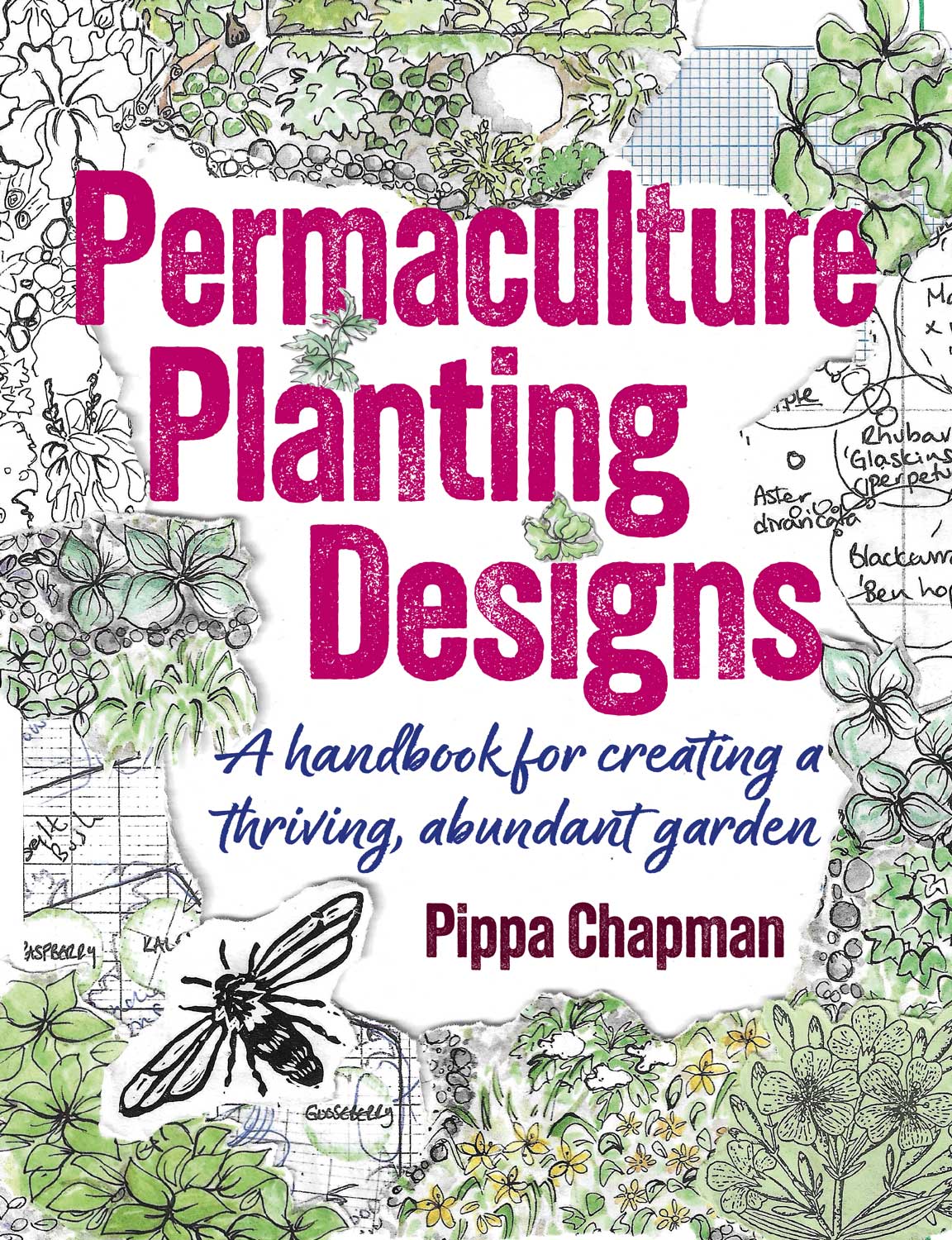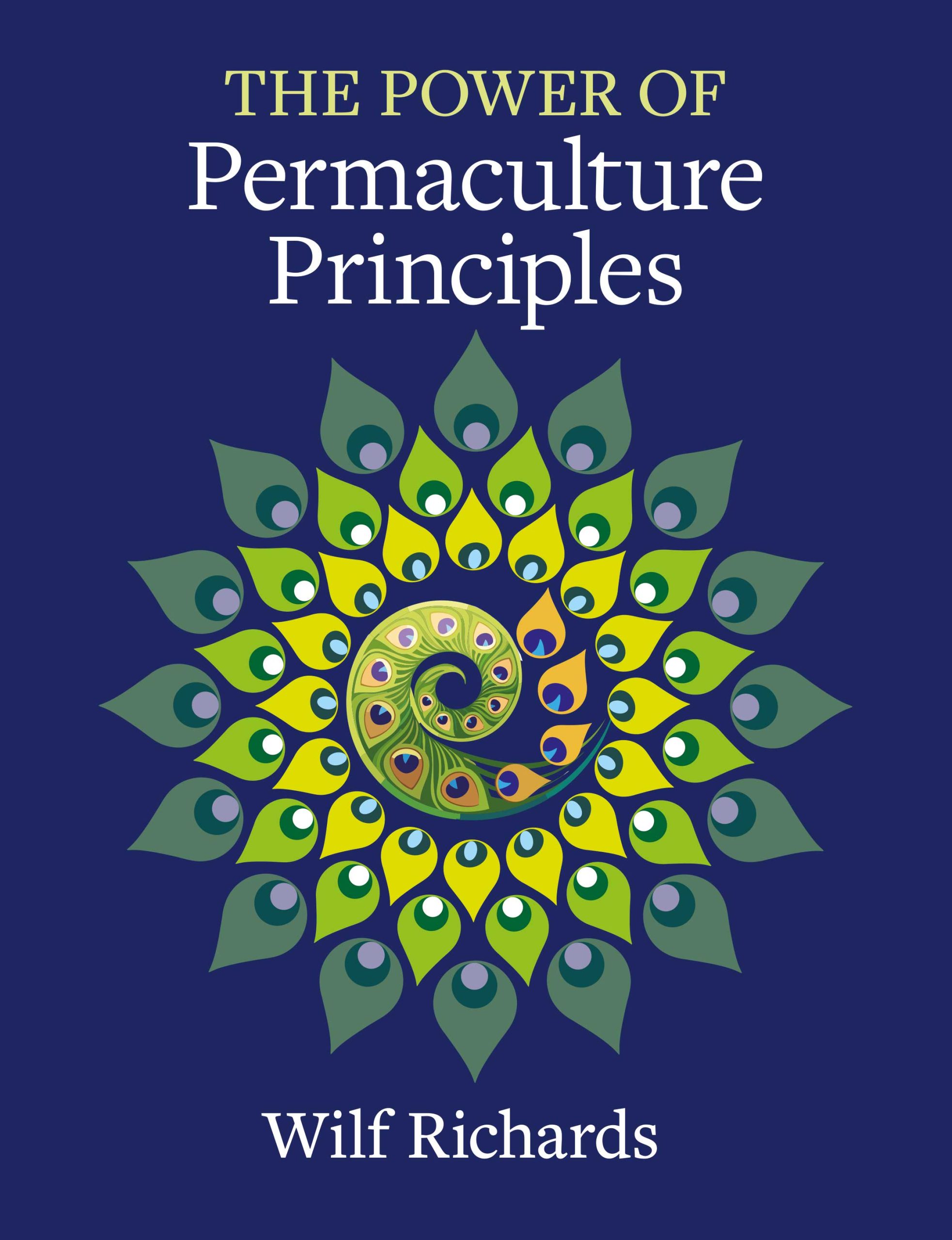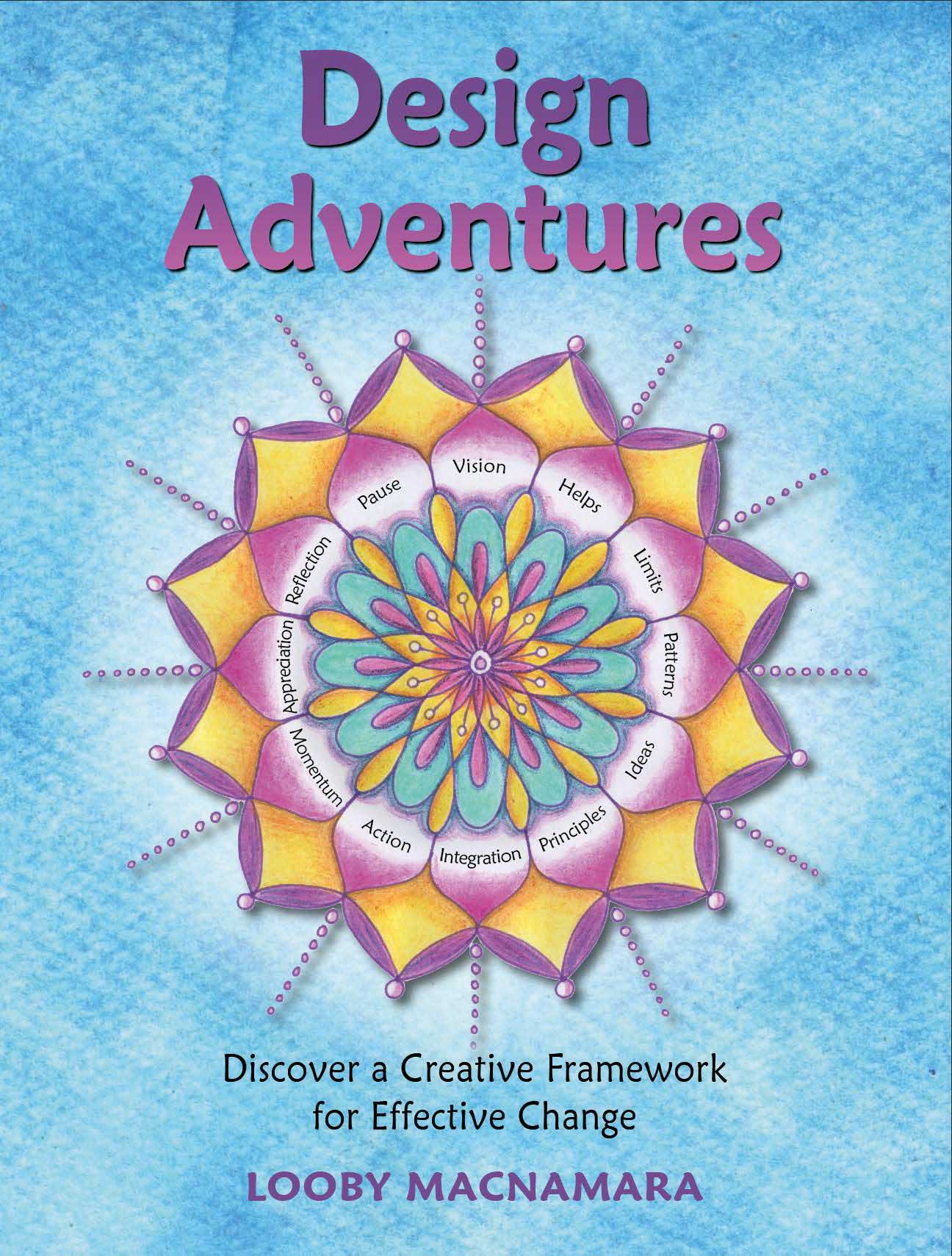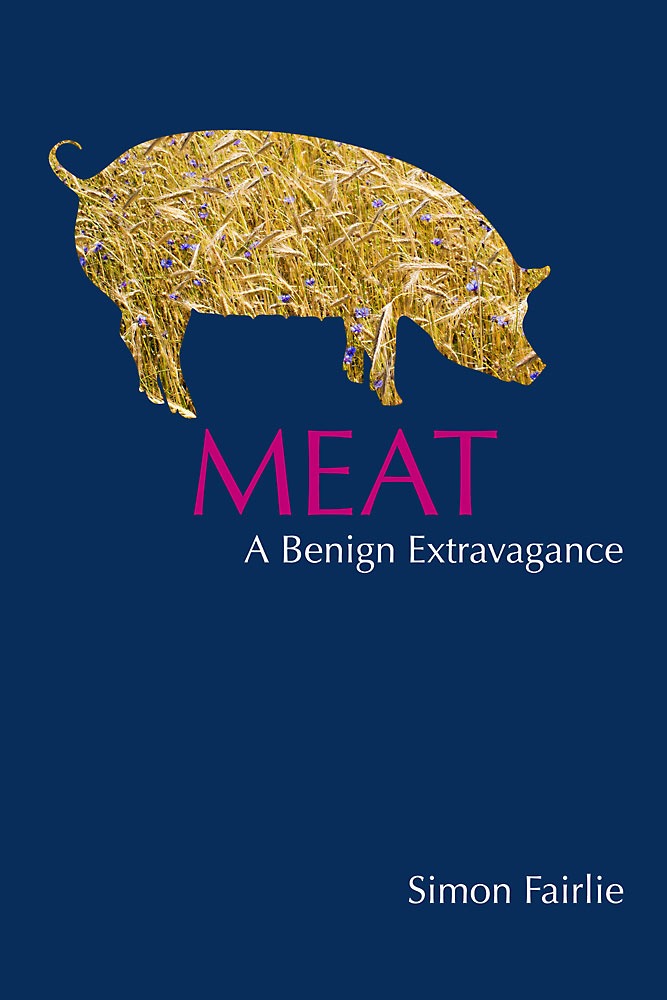
Meat: A Benign Extravagance is an exploration of the difficult environmental, ethical and health issues surrounding the human consumption of animal flesh. It lays out in detail the reasons why we must decrease the amount of meat we eat, both for the planet and for ourselves, and explores how different forms of agriculture shape our landscape and culture.
At the heart of this book, Simon Fairlie argues that society needs to reorientate itself back to the land, both physically and spiritually, and explains why an agriculture that can most readily achieve this is one that includes a measure of livestock farming.
Simon is an authoritative author writing about one of the key food and farming issues of the moment. This book demands the interest of the public and media alike and is a major contribution to a debate that is sure to run and run.
“This book is a masterpiece: original, challenging and brilliantly argued.”
George Monbiot, Environmental and political activist, author and journalist“Meat, animals and dairy have been in the firing line for so long that in some circles, the assumption is taken for granted that there is no case, ever, anywhere, to be made for the role of animals in farming, landcare or diet. This book by Simon Fairlie is a wonderful and challenging correction.”
Tim Lang, Professor of Food Policy, City University London
Book Details
Published: 2010
ISBN: 978 1 85623 055 1
Size: 234mm x 156mm
Format: Paperback, 336pp
Author
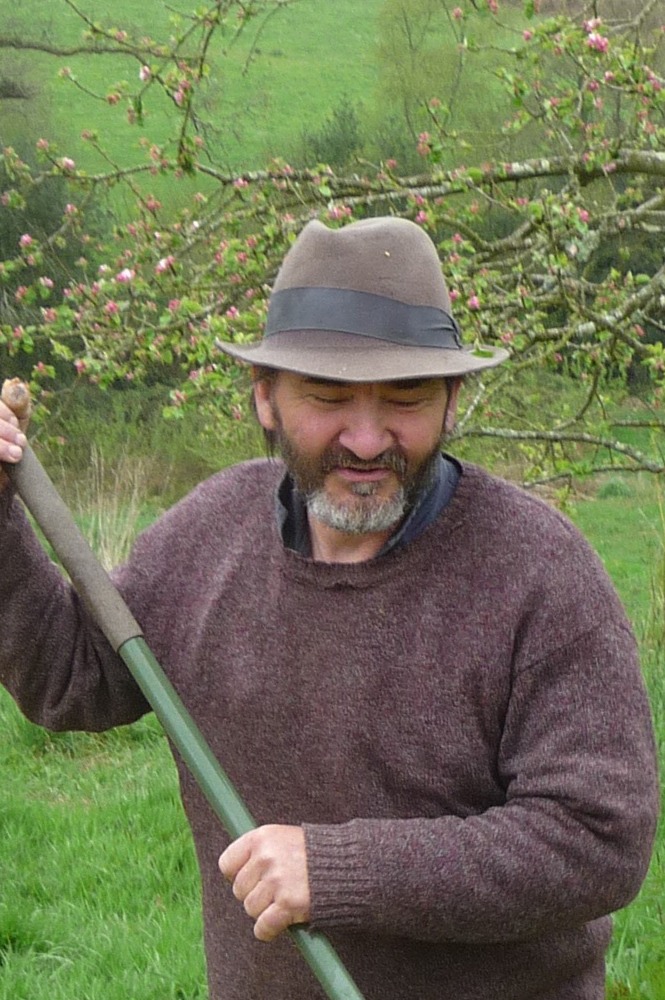
Simon Fairlie worked for 20 years variously as an agricultural labourer, vine-worker, shepherd, fisherman, builder and stonemason before being ensnared by the computer in 1990. Simon was co-editor of The Ecologist magazine for four years, before joining a community farm in 1994 where he managed the cows, pigs and a working horse for ten years. He now runs Chapter 7, an organisation that provides planning advice to smallholders and other low income people in the countryside. Simon is also editor of The Land magazine, and earns a living by selling scythes. He is the author of Low Impact Development: Planning and People in a Sustainable Countryside.

